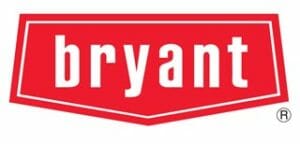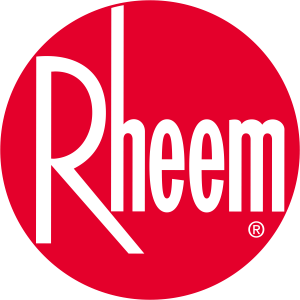
Residing in Toronto helps us recognize the value of having functional heating systems in our homes. It is unfortunate when heating malfunctions during the winter season. Our heating solutions aim to provide customized systems that meet your specific needs, and our experienced team is dedicated to delivering prompt and dependable service, ensuring you are never left without warmth.












